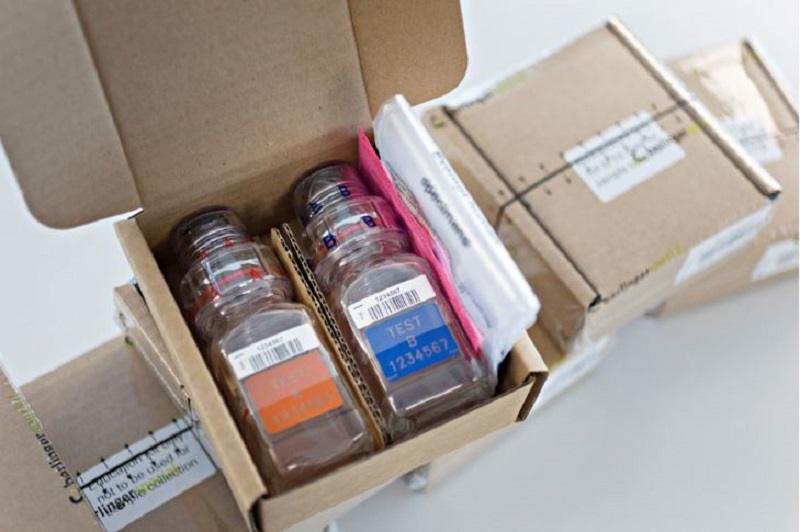
The World Anti-Doping Agency (WADA) says it has finished uploading the data it extracted from Moscow Laboratory in January.
It means the organisation can now begin to assess the data in more detail to make sure it is authentic.
In all, WADA have uploaded 24 terabytes of information collected from their visit to Moscow, which came amid the wider Russian doping scandal.
This is reportedly the equivalent of 400,000 hours of music or the space available on 5,200 DVDs.
WADA is hoping the data will enable them to catch more Russian drugs cheats while potentially clearing others.
“The lengthy process of uploading approximately 24 terabytes of information, forensically indexing it and pairing it to the various instruments, servers, hard drives, computers and other electronic equipment from the laboratory is complete,” the organisation said today.
“WADA’s experts, with the support of external forensic experts, will now be able to start assessing the data in more detail to ensure it is complete and authentic.
“As previously indicated, the entire uploading and authentication process is estimated to take two-three months to complete.”
Gunter Younger, the WADA director of intelligence and investigations who is leading the process, added: “Although this is a massive challenge, we are confident we will be able to tell if anything is missing or not as it should be.
“Once we are satisfied that the data is authentic, we will be in a position to proceed to the next phase and support the various sports and other anti-doping organisations to bring cases against those who cheated.”
Extracting the data was a controversial process as Russia initially missed a December 31 deadline to allow WADA access to Moscow Laboratory.
A five-member party travelled to Russia but left empty-handed after officials claimed their equipment “had not been certified under the country’s law”.
Access to the building before December 31 was a compulsory condition set when WADA’s Executive Committee controversially lifted the suspension of the Russian Anti-Doping Agency (RUSADA) on September 20.
Access was finally granted in January but WADA’s Executive Committee ignored calls to suspend RUSADA again for the deadline lapse.
The organisation warned, however, that Russia could be banned from competing at the Tokyo 2020 Olympic Games and prohibited from hosting major events in any sport if the data retrieved from the laboratory two weeks late is found to have been tampered with.
If evidence of manipulation is found, the WADA Compliance Review Committee has claimed it will convene “immediately” to review the facts and will recommend the Executive Committee declares RUSADA non-compliant.
RUSADA’s three-year suspension began in November 2015 following allegations of state-sponsored doping in Russian athletics.
Revelations of more widespread cheating at events including the 2014 Winter Olympics in Sochi then emerged and the International Olympic Committee forced Russia to compete under a neutral flag at Pyeongchang 2018 in February.
This ban was swiftly lifted just days after the Winter Games in South Korea, although Russia remain banned by the International Association of Athletics Federations.
WADA’s Executive Committee voted 9-2 in favour of lifting RUSADA’s ban in the Seychelles in September but the move was greeted by a backlash from various athletes and officials.
The reinstatement came despite Russia not meeting two key re-compliance criteria – admission of the McLaren Report which outlined much of the doping evidence against them – and access to the Moscow Laboratory.
In response WADA insisted that the move broke a period of deadlock and that RUSADA would simply be banned again if the laboratory was not opened.






























